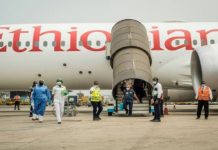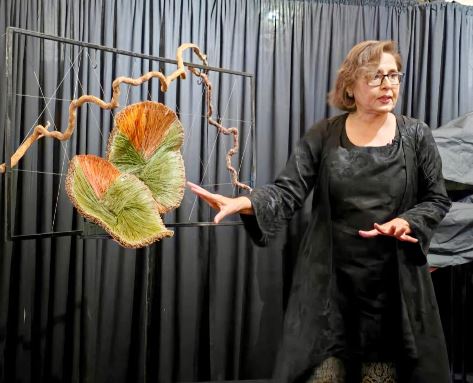Quito, Armed men wearing balaclavas burst into the studio of a public television station on Tuesday in Ecuador’s drug violence-torn port city of Guayaquil, taking hostage several journalists and staff members, live footage showed.
“Don’t shoot, please don’t shoot,” one women shouted as gunshots rang out while the attackers, carrying rifles and grenades, forced terrified crew of the TC broadcaster onto the ground.
“National Police units in Quito and Guayaquil have been alerted about this criminal act and are already on the scene,” police said in a brief statement to journalists.
The live broadcast continued uninterrupted, although lights went off on set. About 30 minutes after the gunmen appeared, police could be seen entering.
“Police, police,” called out one man in uniform. “We have a wounded colleague,” a man replied.
“Please, they came in to kill us. God don’t let this happen. The criminals are on air,” one of the journalists told AFP in a WhatsApp message.
The incident came as Ecuador’s new president, 36-year-old Daniel Noboa, grappled with a security nightmare after the escape from prison of one of the country’s most high profile gangsters, Jose Adolfo Macias, known as “Fito.”
Noboa declared a 60-day countrywide state of emergency Monday, including in Ecuador’s notoriously violent prisons, and imposed a nighttime curfew.
In response, gangsters took several police officers hostage, and released a chilling video in which one of them was forced to read out a message addressed to Noboa.
“You declared war, you will get war,” the clearly terrified officer reads. “You declared a state of emergency. We declare police, civilians and soldiers to be the spoils of war.”
Noboa was elected in October on a pledge to fight rampant drug-related crime and violence in the South American country — once considered a bastion of peace, but now a key stop on the US- and Europe-bound cocaine trade.












